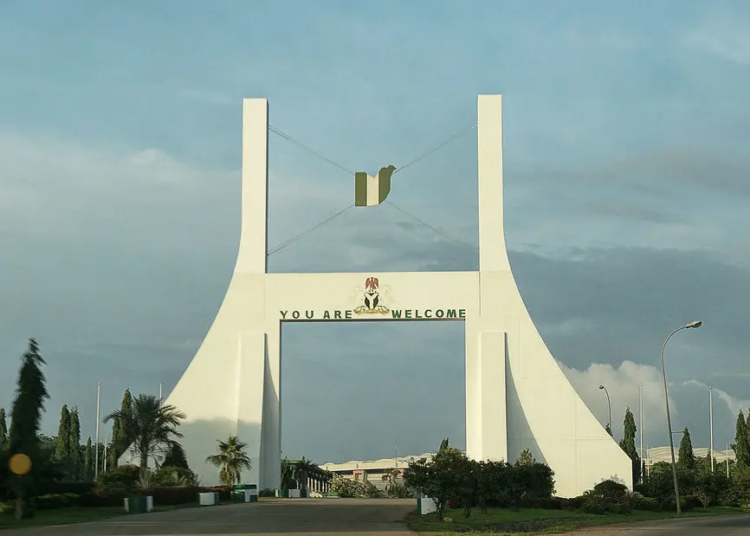The Federal Capital Territory (FCT) has the potential to emerge as Africa’s premier destination for medical tourism—comparable to established global hubs such as New Delhi—if strategic policies, partnerships, and promotional efforts are implemented, the All Africa Medical and Wellness Expo (AMWE) Medical & Wellness Foundation has said.
Speaking at a press briefing in Abuja themed “Repositioning Nigeria’s Medical and Wellness Sector: From Domestic Excellence to Global Recognition,” the executive chairman of the foundation and convener, Isah Usman, emphasized that while the FCT boasts world-class hospitals, cutting-edge medical equipment, and a skilled healthcare workforce, the sector suffers from insufficient visibility and policy support.
“If you go around the FCT, you’ll see we already have world-class facilities. What we lack is the right environment and visibility. With government support, we can transform the FCT into a competitive medical tourism hub, just like India’s New Delhi,” Usman said.
He presented a detailed SWOT analysis of Nigeria’s healthcare sector, highlighting strengths such as the availability of skilled medical professionals and the affordability of treatment.
However, he noted that weaknesses—including inadequate infrastructure and an unconducive policy environment—persist.
On potential threats, Usman pointed to the negative perception of Nigeria’s healthcare system, the continued reliance on outbound medical tourism, and the cultural tendency to view healthcare solely as a charitable service rather than as an economic sector.
“Let us stop seeing healthcare only as charity. We must treat it as a national investment with long-term returns,” he urged.
He also outlined opportunities, including the rise of digital health technologies—such as telemedicine, e-health, and teleradiology—as well as cost-effective training for healthcare workers.
He stressed that Nigeria’s goal should extend beyond retaining local patients to attracting international medical tourists.
“Our goal is not just to keep Nigerians from seeking healthcare abroad. We want Nigeria, starting with the FCT, to be a destination of choice for others. We have the capacity. We need the will,” he said.
Also speaking, AMWE technical team member Solomon Ugbede identified key drivers for sectoral transformation. These include the enactment of supportive health policies, the expansion of the National Health Insurance Scheme (NHIS), and the revitalisation of diagnostic and primary healthcare centres through Public-Private Partnerships (PPPs).
Ugbede also called for the development of a national medical tourism framework that addresses outbound care and prioritises inbound and domestic medical travel.
“We must strengthen our national health PPP framework and improve information systems for smarter, more transparent healthcare delivery,” he said.
He urged the federal government to establish a National Public-Private Partnership Health Policy with clear legal and operational frameworks to foster collaboration between public and private healthcare actors.





